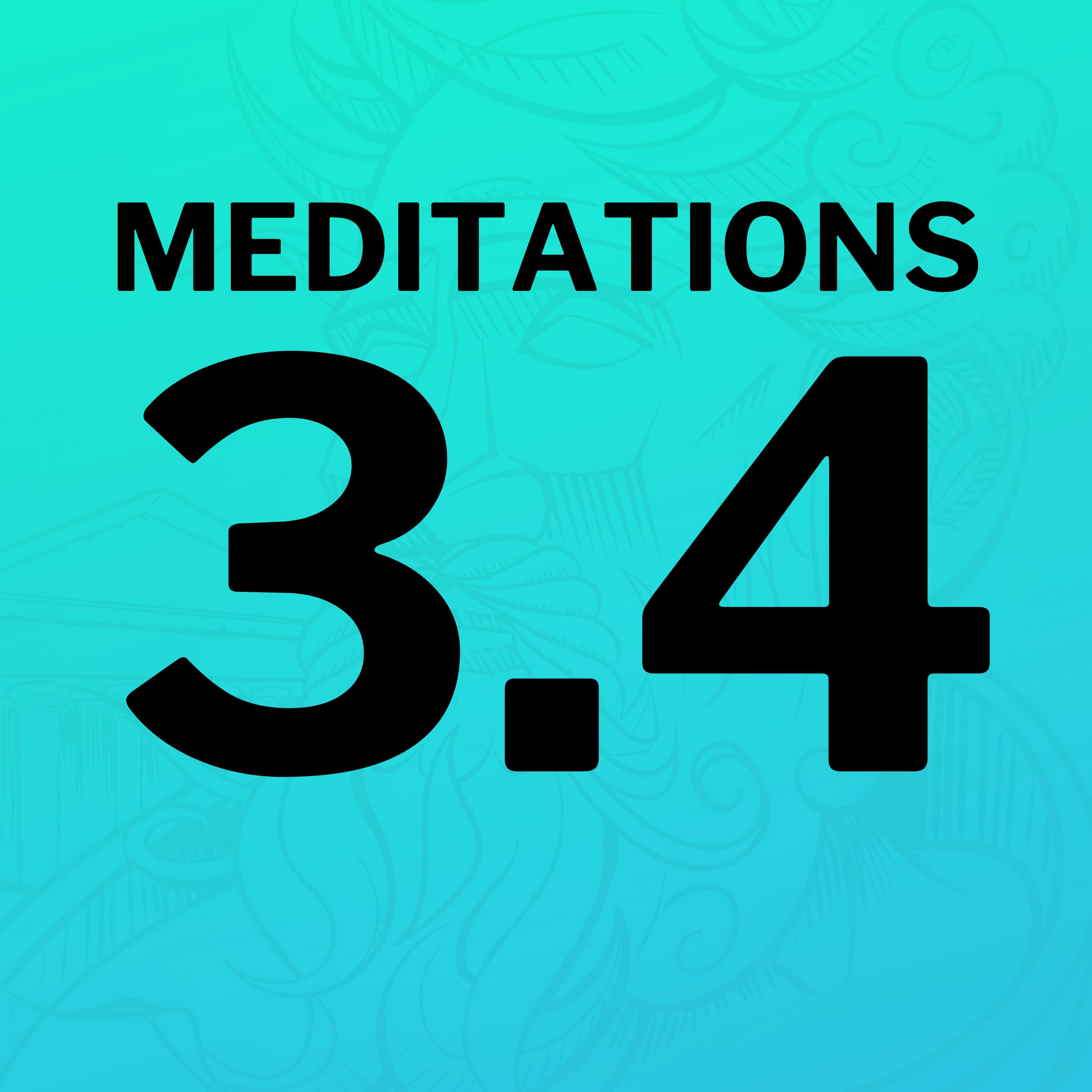Five Ways to Damage the Soul (Meditations 2.16)
Description
In this episode, I examine Meditation 16 from Book 2 of Meditations, where Marcus Aurelius reflects on the ways in which a person’s soul—or daemon, in Stoic terminology—can harm itself. Marcus lists five key actions that damage the soul, emphasizing that such harm occurs when we act contrary to Nature and our rational purpose.
The first way we harm ourselves is by separating from Nature, acting as though we are independent of the Universe’s interconnected system. The second is by turning against others with the intent to harm, which undermines our duty to cooperate within the Cosmopolis. Third, we damage ourselves when we allow pleasure or pain to control our actions, forsaking rational decision-making for hedonism or avoidance. Fourth, we harm our character by engaging in lies or fostering illusions, as these actions habituate vice. Finally, we cause harm when we act without purpose, neglecting our roles and responsibilities within society.
Marcus reminds us that living in alignment with Nature requires continuous effort and self-reflection. This meditation highlights the Stoic commitment to personal accountability and the importance of cultivating a virtuous character.
"The soul of a man does violence to itself, first and foremost when it becomes so far as in it lies, a separate growth, a blain as it were upon the Universe. For to turn against anything that comes to pass is a separation from Nature, by which the natures of each of the rest are severally comprehended. Secondly, when it turns away from any human being or is swept counter to him, meaning to injure him, as is the case with the natures of those who are enraged. It violates itself, thirdly, when it is the victim of pleasure or pain; fourthly, when it acts apart, and says or does anything both feignedly and falsely. Fifthly, when, failing to direct any act or impulse of its own upon a mark, it behaves in any matter without a plan or conscious purpose, whereas even the smallest act ought to have a reference to the end. Now the end of reasonable creatures is this: to obey the rule and ordinance of the most venerable of all cities and governments." - Meditations 2.16
--
Go ad-fee for life : https://stoicismpod.com/lifer
Get a free signed copy of my book : https://giveaway.whatisstoicismbook.com
Join the Discord : https://stoicismpod.com/discord
Follow the print publication : https://stoicismpod.com/print
Take the free course : https://understandingstoicism.com
Order my book : https://stoicismpod.com/book
Source Text : https://stoicismpod.com/far
Learn more about your ad choices. Visit megaphone.fm/adchoices
























